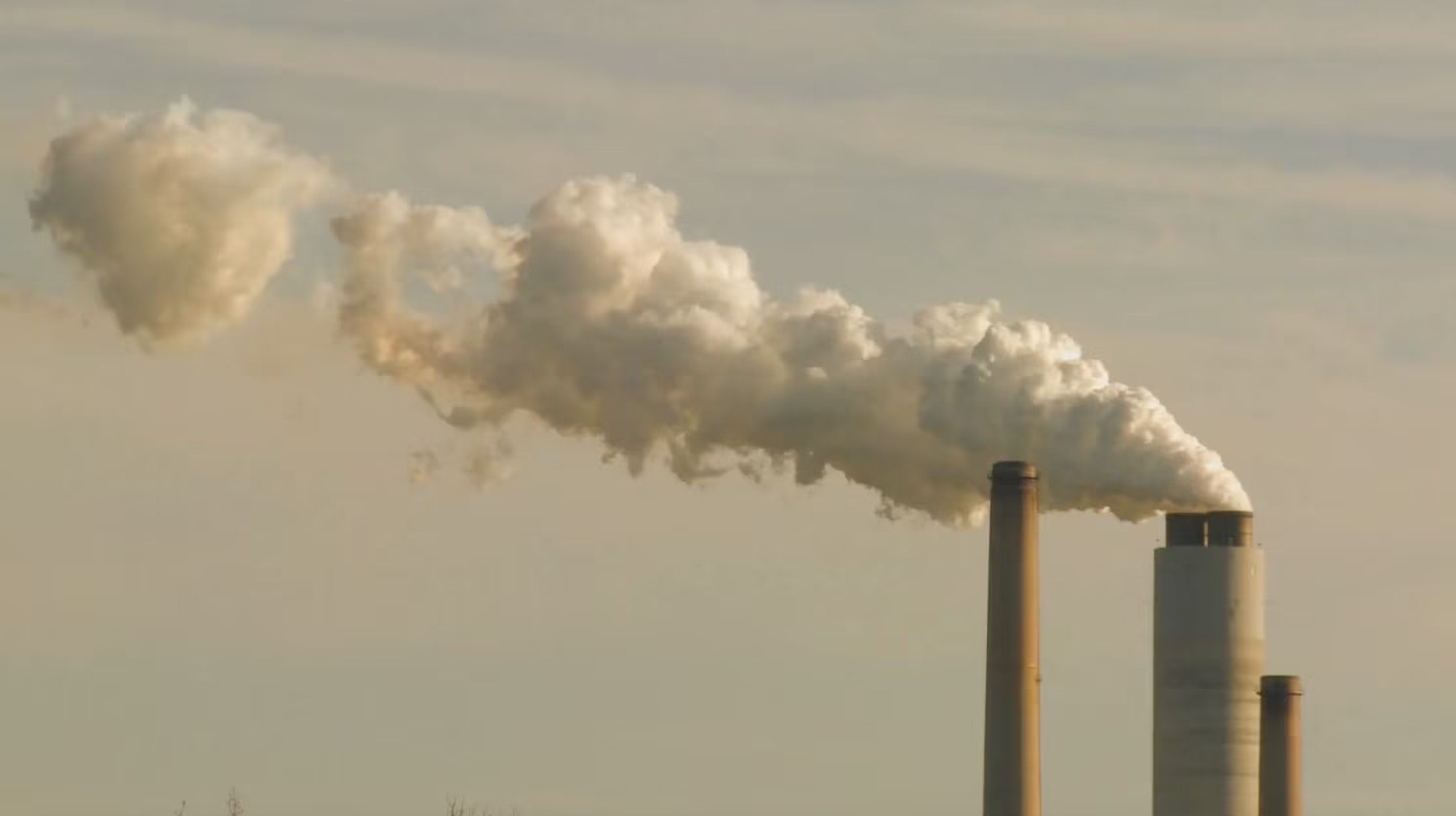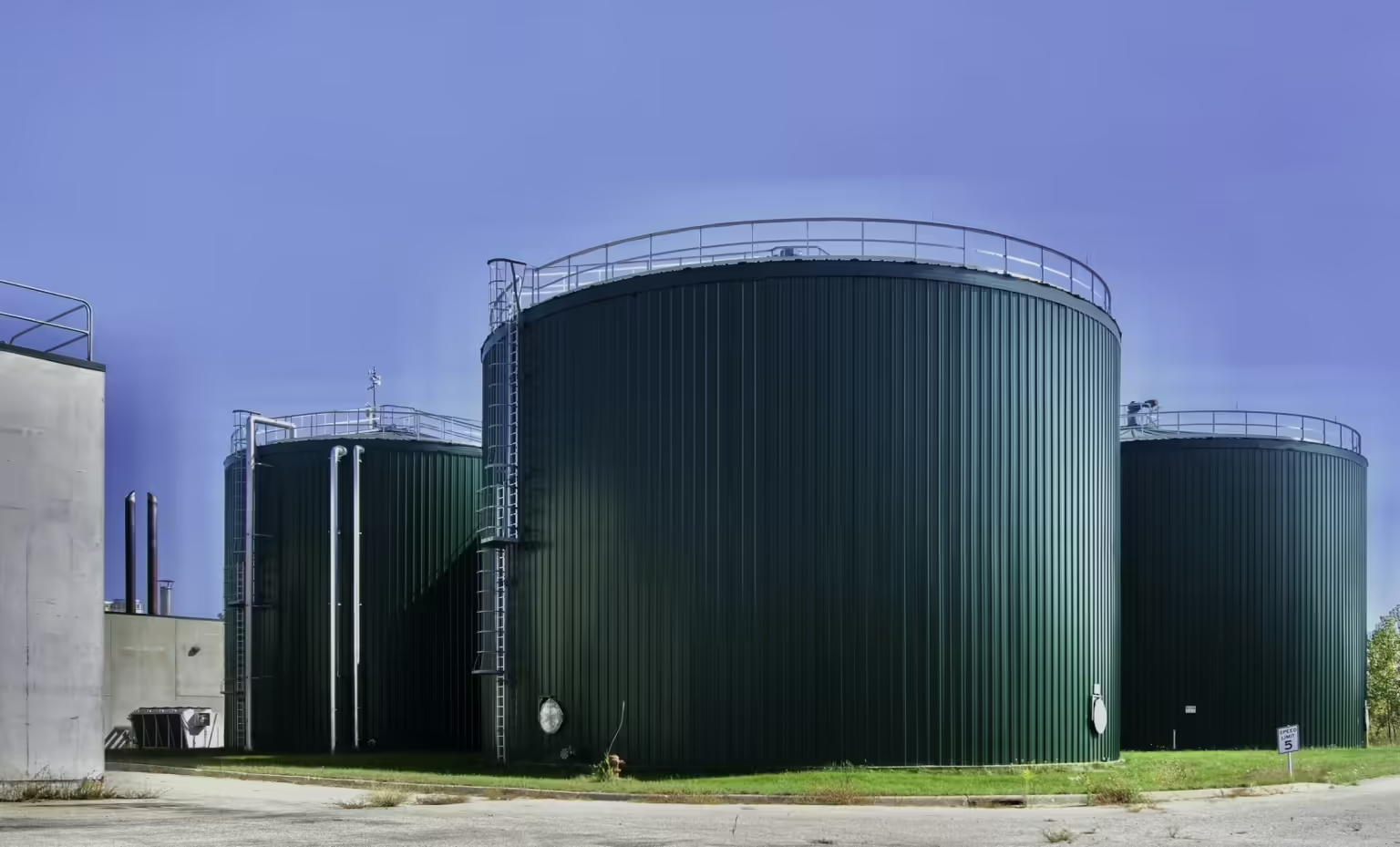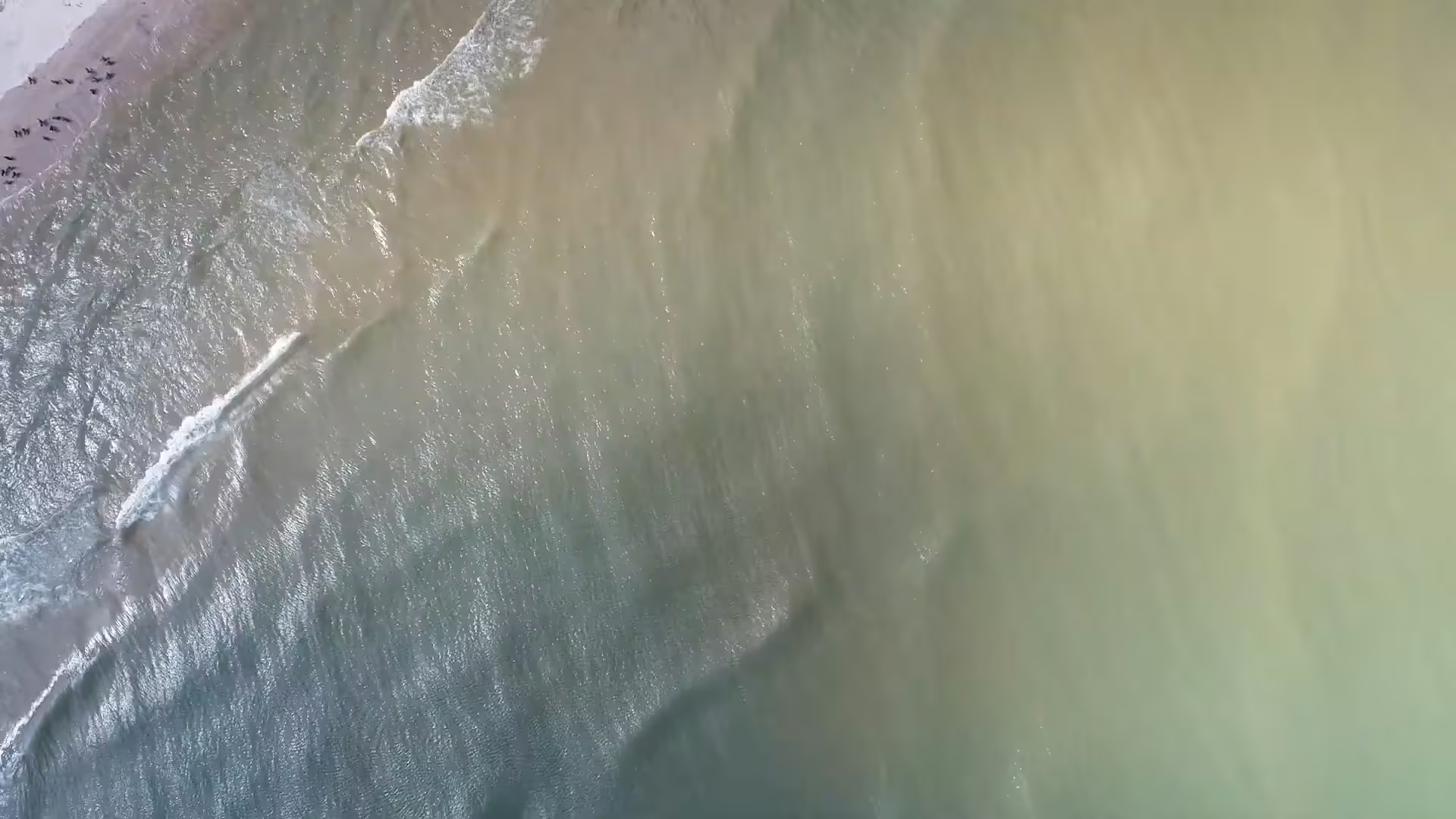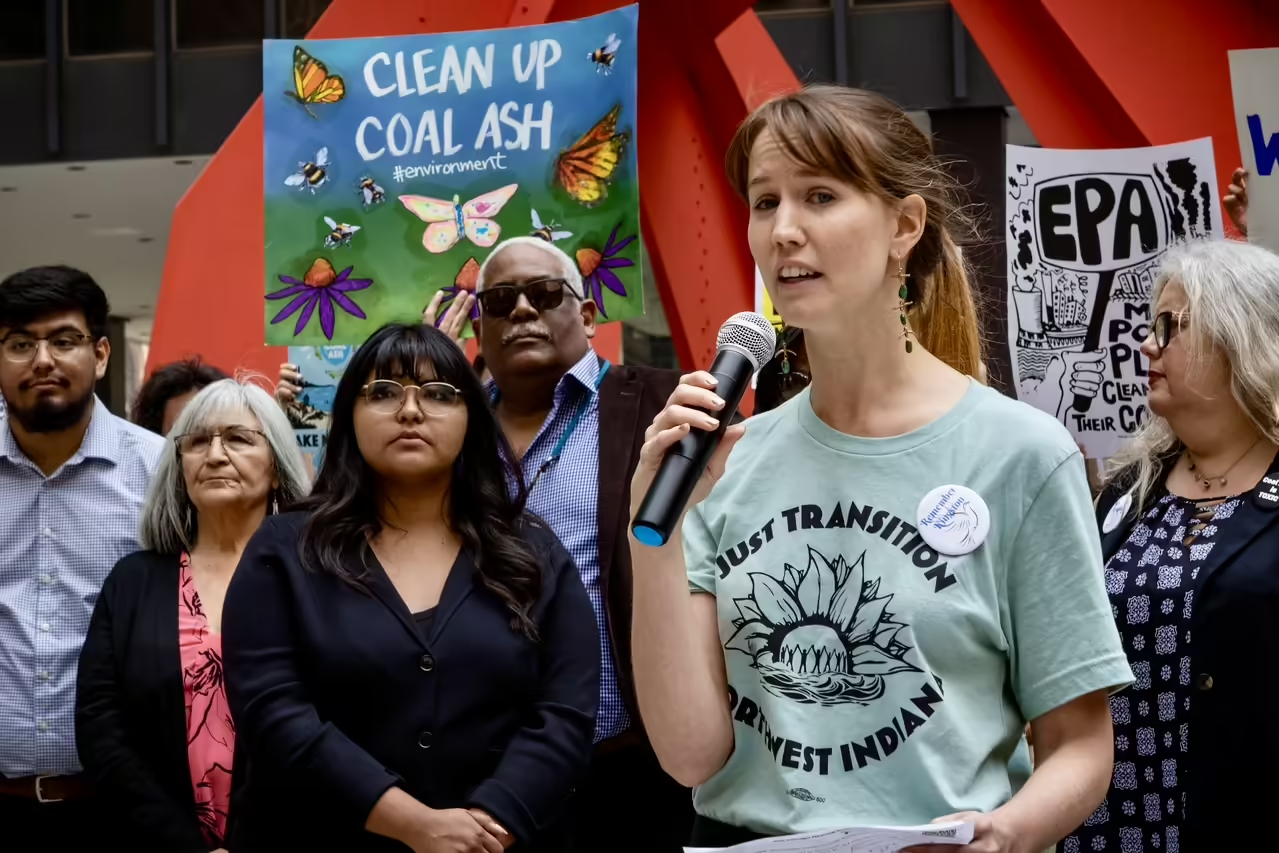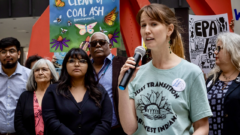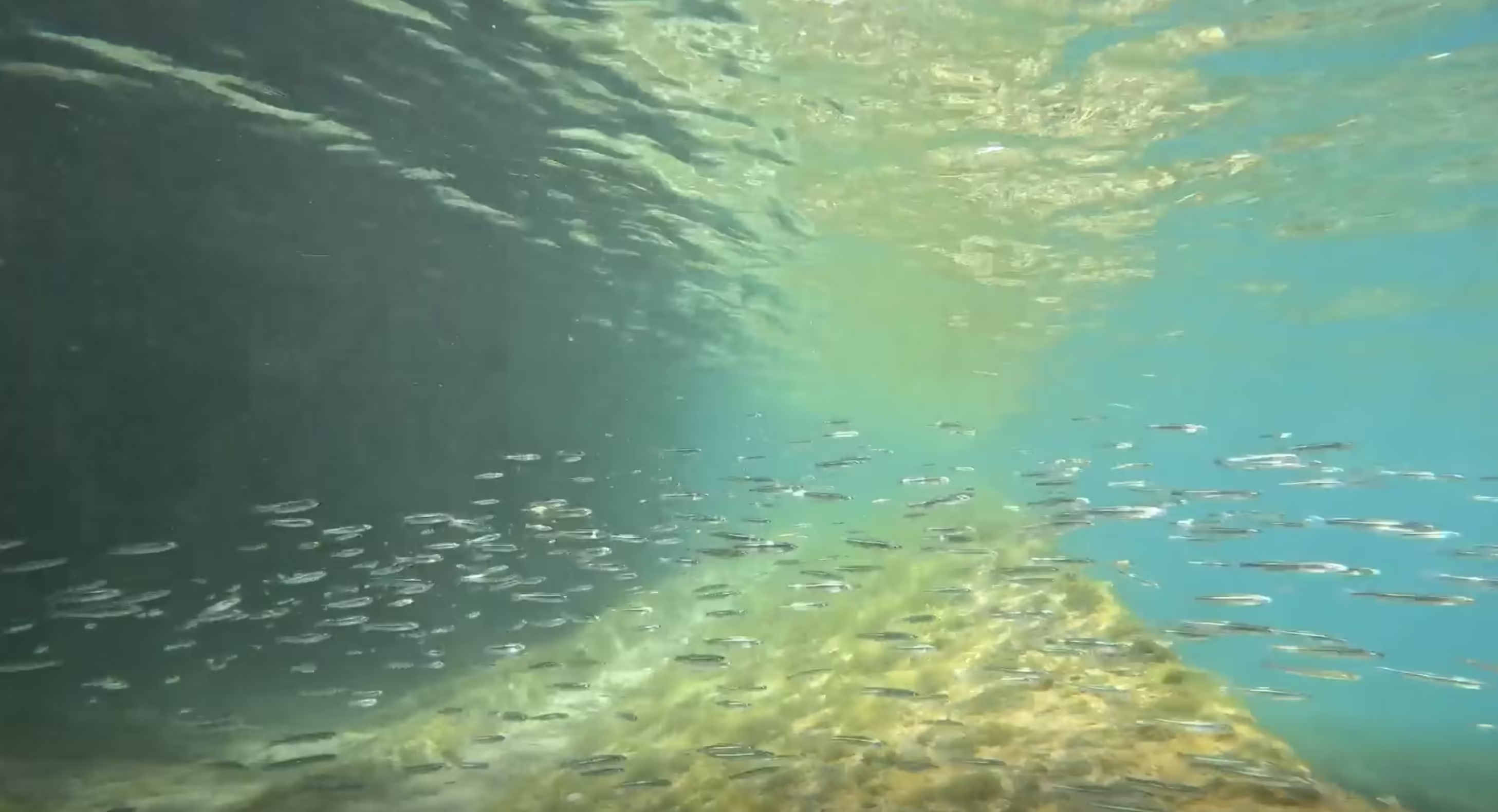Author: Lucknow Sentinel
Energy News Roundup: Kwik Trip goes electric as federal funds flow in | Great Lakes Now
Midwestern convenience store giant Kwik Trip is breaking into the charging business. The chain, known for its gas and grocery offerings, will install electric vehicle chargers at “a strategic number of its stores” through its new Kwik Charge program. The announcement comes a few months after Kwik Trip received about $23 million in federal funds aimed at establishing a statewide EV charging network in Wisconsin.
Michigan’s New Rules To Protect Water From Manure Attacked By Lawmakers | Great Lakes Now
By Keith Schneider, Circle of Blue
The Great Lakes News Collaborative includes Bridge Michigan; Circle of Blue; Great Lakes Now at Detroit Public Television; Michigan Public, Michigan’s NPR News Leader; and The Narwhal who work together to bring audiences news and information about the impact of climate change, pollution, and aging infrastructure on the Great Lakes and drinking water.
Joliet, Illinois, Plans to Source Its Future Drinking Water From Lake Michigan. Will Other Cities Follow? | Great Lakes Now
By Nina Elkadi, Inside Climate News
This article originally appeared on Inside Climate News, a nonprofit, non-partisan news organization that covers climate, energy and the environment. Sign up for their newsletter here.
The aquifer from which Joliet, Illinois, sources its drinking water is likely going to run too dry to support the city by 2030—a problem more and more communities are facing as the climate changes and groundwater declines.
Waves of Change: Meet Just Transition Northwest Indiana executive director Ashley Williams | Great Lakes Now
Waves of Change is an online interview series highlighting the diverse faces and perspectives shaping the environmental justice movement throughout the Great Lakes region.
This month, we spoke with Ashley Williams, executive director of Just Transition Northwest Indiana, or JTNI, a grassroots environmental justice organization representing the northwest region of Indiana — one of the most industrialized zip codes in the country.
How do fish survive in large urban waterways, like the Chicago River? | Great Lakes Now
How fish adapt to life in large urban rivers, like the Chicago River, is one of the questions Dr. Austin Happel is trying to answer at the Shedd Aquarium.
“Knowing where different fish species are hanging out, we can look around that area and kind of understand what that habitat looks like and what it’s providing for them,” Happel said.







